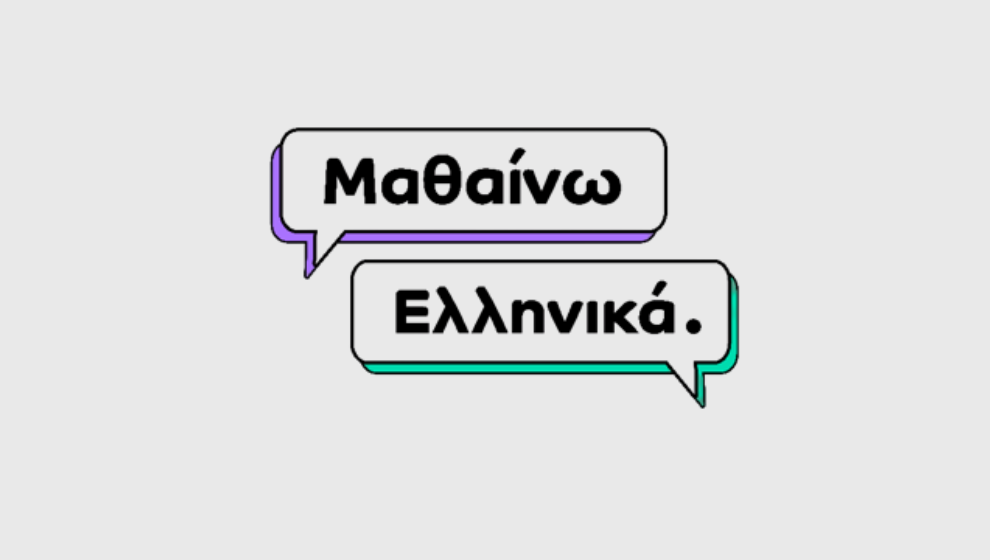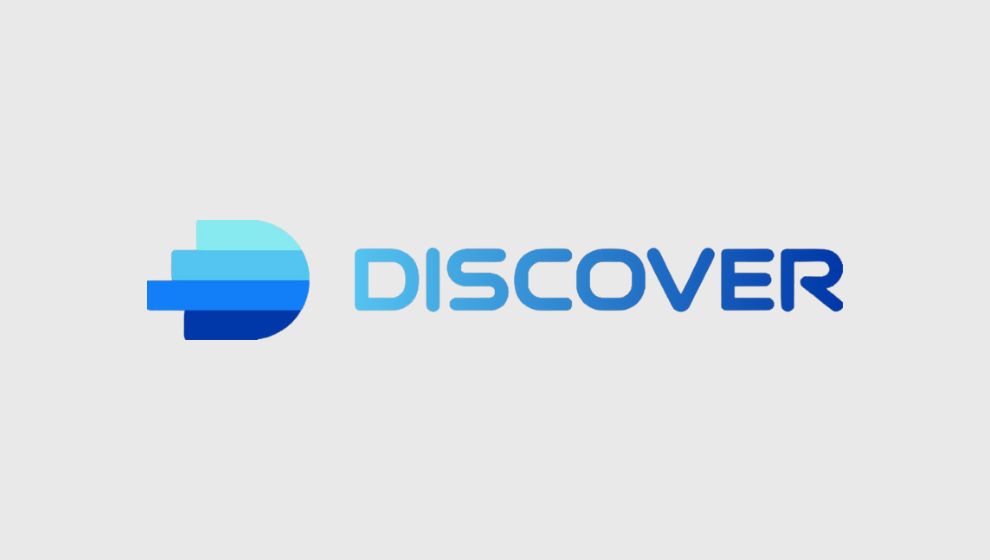SWPBS – Building School-Wide Inclusive, Positive and Equitable Learning Environments Through A Systems-Change Approach



The “Building School-Wide Inclusive, Positive and Equitable Learning Environments Through A Systems-Change Approach” (SWPBS) is an ERASMUS+ Key Action 3 Policy Experimentation program, which aims to establish an inclusive non-discriminatory social culture and necessary socio-emotional and behavioral supports for all children in a school across four EU countries (Cyprus, Finland, Greece, Romania).
The SWPBS is based on Positive Behavior Support (PBS), a scientific approach that provides the organizational framework to school staff to act preventively with the support of external coaches. The SWPBS project aims to promote the problem-solving model, where school administration and staff try to identify their school needs, design and execute an action plan and assess its implementation. The SWPBS problem-solving framework provides teachers with evidence-based instructional practices and classroom management skills to create inclusive, positive classroom environments for all students.
SWPBS project follows a systems-change approach, which means that the biggest impact on improving student behavioral and academic outcomes, school climate and teacher work satisfaction will come as a result after working with the entire school. In addition, the school becomes the “host environment” for preventing serious problems by training and coaching school to staff adopt and use evidence-based practices inside and outside of classrooms (e.g., Waasdorp et al., 2012).


Website
https://pbiseurope.orgTarget Groups
Education Level




